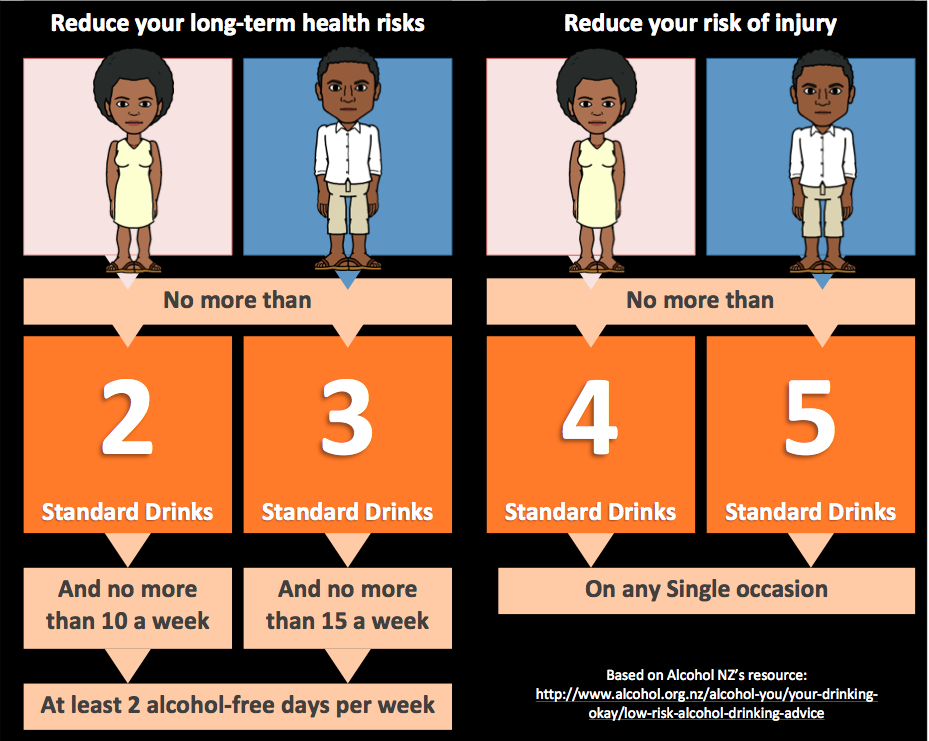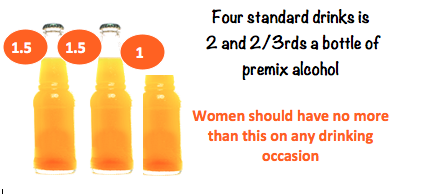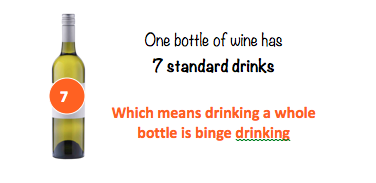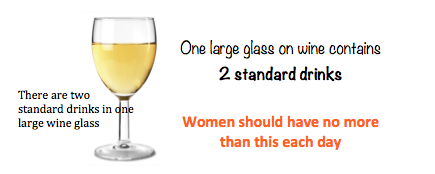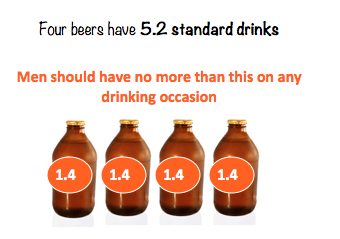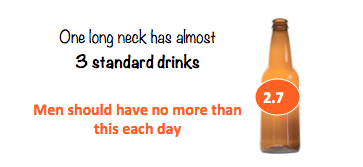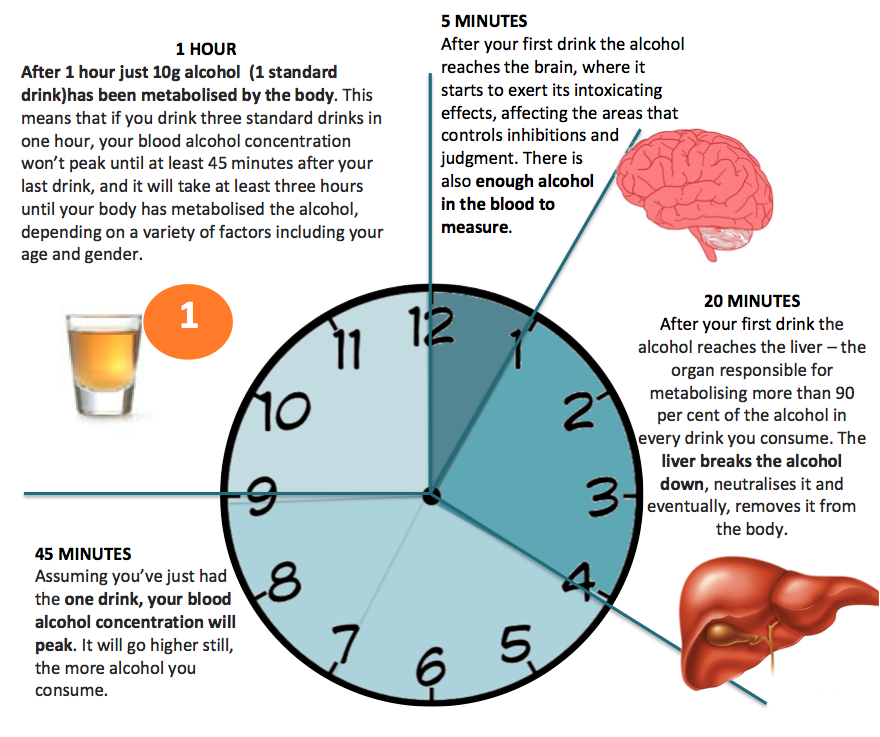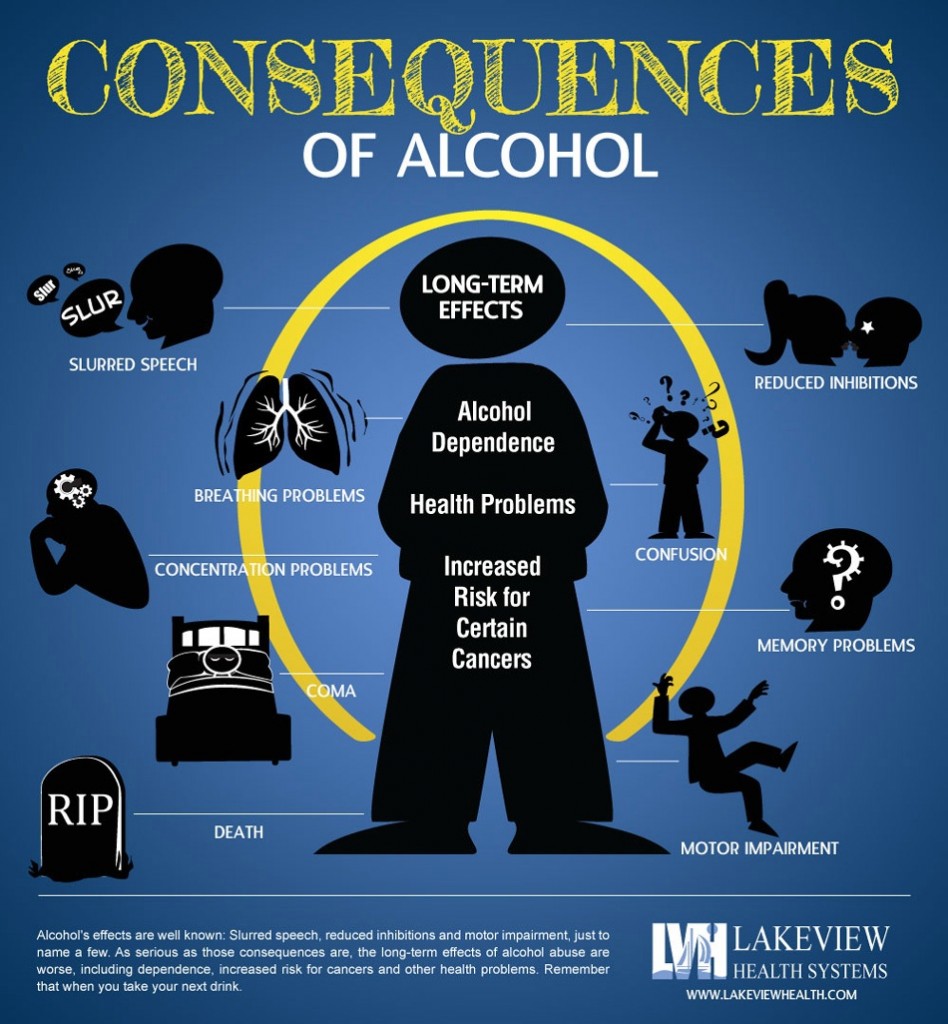Alcohol is a commonly available drink around the world, and in Fiji it is widely consumed, alcohol refers to any drink with alcohol in it, common alcoholic drinks include beer, wine and spirits, each have varying levels of alcohol.
Alcohol is not for everyone and choosing not to drink alcohol is a great decision for your physical and mental health, you should never feel pressured to have a drink or drink more by your friends or peers. However, for those over the age of 18 who do enjoy a drink;with the right moderation, alcohol can be enjoyed as a fun and social way to relax and spend time with friends as long as you drink responsibly.
Alcohol Use in Fiji
Whilst there are many people who do not drink in Fiji, it is becoming more common, especially in urban centres and amongst youth, there is a dangerous tendency to consume far too much in a short amount of time, known as ‘binge drinking.’
When alcohol is enjoyed responsibly, there is low risk to your health and wellbeing, however, many problems arise when people drink too much. There are both short term and long terms risks with drinking too much alcohol.
How much are you drinking?
Maybe it’s a glass or two; maybe it’s a long neck or three. You may enjoy alcohol but do you really know what’s happening inside your body when you’re drinking? It’s not just the hangover we need to watch out for; the long term risks can be even more painful.
How Much Is One Drink?
One standard drink contains 10grams of alcohol. It takes your liver two hours to process just one standard drink, excessive consumption of alcohol can quicklyoverwhelm your liver leading to drunkenness and things can quickly spiral out of control. Knowing your limits is the key to staying in control.
It is important to know that many drinks served in Fiji often contain more than one standard drink, so just keeping track of your beer bottles or glasses of wine is not very accurate.
Here’s how many standard drinks are in some popular Fijian drinks
How Many Drinks Can I Have?
The following is the recommended level for males and females. Keeping within this level of drinking means you can enjoy alcohol without the many short and long term risks. It is important to know your limits.
FEMALES: no more than 2 standard drinks a day, or 10 standard drinks a week with at least 2 alcohol free days. No more than 4 standard drinks on any occasion.
PREGNANT WOMEN:drinking alcohol when pregnant poses many harmful risks to your unborn baby.It is not safe for pregnant women to drink any alcohol.
MALES: no more than 3 standard drinks a day, or 15 standard drinks a week with at least two alcohol free days. No more than 5 standard drinks per occasion.
Standard Drinks in Fiji: What does that look like?
How Quickly Does My Body Process Alcohol?
Alcohol is processed in the liver at a rate of one standard drink per hour. Drinking any more than one standard drink an hour contributes to the feeling of ‘drunkenness’ as it builds up in the blood. Drinking more than one standard drink an hour also increases the risks associated with binge drinking.
What is Binge drinking?
Binge drinking is drinking over 4 drinks for women, or 5 drinks for men on any one occasion. It’s the most common cause of alcohol related harm and carries some scary consequences. Research shows that single drinking sessions with a high rate of alcohol intake (common practice among Fijian youth) can cause abrupt mood swings resulting in violence, accidents and fights, exaggerated emotions, uncharacteristic behaviour, memory loss, impaired judgement, communication problems, sleepiness, coma, stupor and death (at very high intake) and suicide attempts. Binge drinking has also been implicated in schizophrenic and other psychiatric episodes. (Drug and Alcohol Use in Fiji: A Review, Pacific Health Dialogue, March 2011, Vol. 12, no. 1)
Short-term effects of drinking alcohol
The short-term effects of alcohol consumption are outlined below. This information is based on the assumption that you have a normal tolerance to alcohol. Dependent drinkers with a higher tolerance to alcohol can often drink much more without experiencing any noticeable effects, however, they are doing serious long term damage to their health by drinking excessively.
1-2 standard drinks
your heart rate speeds up and your blood vessels expand, giving you the warm, sociable and talkative feeling associated with moderate drinking.
4-6 standard drinks
[If women have more than 4 standard drinks on any one occasion, they are binge drinking]
Your brain and nervous system starts to be affected. It will begin to affect the part of your brain that’s associated with judgement and decision making, causing you to be more reckless and uninhibited.
The alcohol will also impair the cells in your nervous system, making you feel light-headed and adversely affecting your reaction time and co-ordination.
[If men have more than 5 standard drinks on any one occasion, they are binge drinking]
8-9 standard drinks
Your reaction times will be much slower, your speech will begin to slur and your vision will begin to lose focus. Your liver, which filters alcohol out of your body, will be unable to remove all of the alcohol overnight, so it’s likely you ‘ll wake with a hangover.
10-12 units
Your co-ordination will be highly impaired, placing you at serious risk of having an accident. The high level of alcohol has a depressant effect on both your mind and body, which makes you drowsy.
This amount of alcohol will begin to reach toxic (poisonous) levels. Your body will attempt to quickly pass out the alcohol in your urine. This will leave you feeling badly dehydrated in the morning, which may cause a severe headache.
The excess amount of alcohol in your system can also upset your digestion, leading to symptoms of nausea, vomiting, diarrhoea and indigestion.
More than 12 units
If you drink more than 12 units of alcohol, you’re at considerable risk of developing alcohol poisoning, particularly if you’re drinking lots of units over a
short period of time. It usually takes the liver about an hour to remove one unit of alcohol from the body.
Alcohol poisoning occurs when excessive amounts of alcohol start to interfere with the body’s automatic functions such as:
– breathing
– heart rate
– gag reflex, which prevents you choking
Alcohol poisoning can cause a person to fall into a coma and could lead to their death.
Other Risks From Heavy Drinking
Some of the other risks associated with alcohol misuse include:
- Accident and injury–impaired judgement and risky behaviour leadsto many alcohol-related accidents and illnesses
- Violence and antisocial behaviour –fights, injury, loss of friendship and even death can be a result of alcohol, is it really worth it?
- Domestic Violence – in Fiji, the incidents of domestic violence are alarmingly high and are often a consequence of too much alcohol being consumed.
- Unsafe sex – this can lead to unplanned pregnancies and sexually transmitted infections. Both are a big problem in Fiji.
- Loss of personal possessions – many people lose personal possessions, such as their wallet or mobile phone, when they are drunk
- Unplanned time off work or college -this could put your job or education at risk
This information was adapted from NHS Choices. Learn more
What are the long-term consequences of binge and regular heavy drinking?
- The Big C– alcohol increases our risk of mouth, liver, pharynx, larynx, oesophagus, bowel and breast Cancer
- Achy breaky Heart– as well as the relationship problems alcohol can cause depression and lead Heart Disease, Fijis number one killer.
Reproductive disruptive– long term alcohol use can reduce sexual importance
- and fertility, as well as harming unborn babies
Alcohol affects many parts of your body negatively in both the short and long term, including;
– Mental health
– Eyes
– Brain and nervous system
– Mouth and throat
– Breats
– Heart and circulation
– Lungs
– Liver
– Stomach and food pipe
– Pancreas
– Skin
– Intestines
– Kidneys
– Blood
– Bones and muscles
– Sexual health
– Weight gain
For more information on how alcohol affects your body visit this website and follow the prompts: http://www.alcohol.org.nz/alcohol-you/your-body-alcohol/body-effects
What About Homebrew?
Alcoholic home brew can contain a lot more alcohol (standard drinks)than store bought drinks, this means it can cause three times the damage to your health and relationships. With no consistency in the level of alcohol, or hygiene in manufacturing, people are at risk of serious consequences and illness. In fact in Fiji, drinking homebrew is linked to and increase in violent crimes, murder and death. It is illegal to sell homebrew alcohol in Fiji.
It is better to be safe, there are many instances of people dying after drinking home brewed alcohol, you don’t know what is in it or how it was made, so the safest bet is to not drink it.
When should I not drink any alcohol?
There are many occasions when you should not drink alcohol at all.
- When you are pregnant or planning to get pregnant
- When you are on medication that interacts with alcohol
- When you have a condition made worse by drinking alcohol
- When you feel unwell, depressed, tired or cold as alcohol could make things worse are about to operate machinery or a vehicle or do anything that is risky or requires skill
Tips on cutting down
If you regularly drink more than the recommended limits above, try these simple tips to help you cut down.
Make a plan– Before you start drinking, set a limit on how much you’re going to drink.
Set a budget – Only take a fixed amount of money to spend on alcohol.
Let them know – If you let your friends and family know you’re cutting down and that it’s important to you, you could get support from them.
Take it a day at a time-Cut back a little each day. That way, every day you do is a success.
Make it a smaller one– You can still enjoy a drink but go for smaller sizes. Try bottled beer instead of pints, or a small glass of wine instead of a large one.
Have a lower-strength drink– Cut down the alcohol by swapping strong beers or wines for ones with a lower strength (ABV in %). You’ll find this information on the bottle. You can also try diluting your drink so there is still the volume but less alcohol. E.g. Have a wine spritzer with half lemonade or soda.
Stay hydrated - Drink a pint of water before you start drinking, and don’t use alcohol to quench your thirst. Have a soft drink instead. Having a glass of water in between drinks is also a great way to stay hydrated and help avoid a hangover.
Take a break – Have the odd day each week when you don’t have an alcoholic drink.
Take a longer break – Try to have a month off alcohol every now and then, you will be amazed how much better you feel and how much money you save!
If you’ve had a heavy drinking session, avoid alcohol for 48 hours
Adapted from NHS Choices
Benefits of Cutting Down
The immediate effects of cutting down include:
- feeling better in the mornings
- being less tired during the day
- your skin may start to look better
- you’ll start to feel fitter
- you may stop gaining weight
Alcohol has a lot of calories, so does the unhealthy, salty, fatty foods we tend to crave when we are drinking. This visual helps you understand how much you could be cutting out if you cut down on your drinking.
Long-term benefits of cutting down include:
Mood - There’s a strong link between heavy drinking and depression, and hangovers often make you feel anxious and low. If you already feel anxious or sad, drinking can make this worse, so cutting down may put you in a better mood generally.
Sleep - Drinking can affect your sleep. Although it can help some people fall asleep quickly, it can disrupt your sleep patterns and stop you from sleeping deeply. So cutting down on alcohol should help you feel more rested when you wake up.
Behaviour - Drinking can affect your judgement and behaviour. You may behave irrationally or aggressively when you’re drunk. Memory loss can be a problem during drinking and in the long term for regular heavy drinkers.
Heart - Long-term heavy drinking can lead to your heart becoming enlarged. This is a serious condition that can’t be completely reversed, but stopping drinking can stop it getting worse.
Immune system - Regular drinking can affect your immune system. Heavy drinkers tend to catch more infectious diseases.
Adapted from NHS Choices
More Information
Alcohol Tracking Apps
If you have a smart phone, these apps are useful to help you track how much you drink and stay within safe levels.
Change for life Drinks Tracker
National Substance Abuse Advisory Council (NSAAC)
Government Buildings, Suva
P: 3394 144
Last Updated on 10 years by Publishing Team



